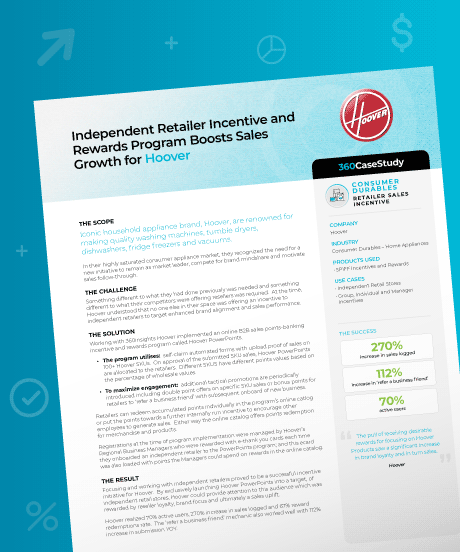A Licensing Partnership is a business arrangement where one company (the licensor) grants another company (the licensee) the rights to use its intellectual property, brand, or technology in exchange for compensation, such as royalties or fees.
This involves:
- Negotiating licensing terms
- Defining usage rights and restrictions
- Managing ongoing agreements
In practice, licensing partnerships allow businesses to expand market reach, leverage established brand recognition, or gain access to proprietary technology without extensive development costs. For example, a consumer goods company may license a well-known character to create co-branded products, drawing on the licensor's reputation to attract new customers.
Licensing partnerships are valuable as they enable revenue generation through intellectual property, foster innovation through collaboration, and reduce barriers for market entry. They strengthen business strategies by providing mutual benefits, including increased brand visibility and enhanced profitability for both parties involved.
Increase Sales to Become a Market Leader

Case Study
Consumer Durables: Maximizing engagement with retailers to drive sales uplift
Discover how 360insights worked alongside iconic household appliance brand, Hoover, to implement a new incentive initiative in the marketplace.
This unique B2B sales points-based reward program motivated sales follow-through, to result in a 270% increase in sales and position themselves as market leader.
